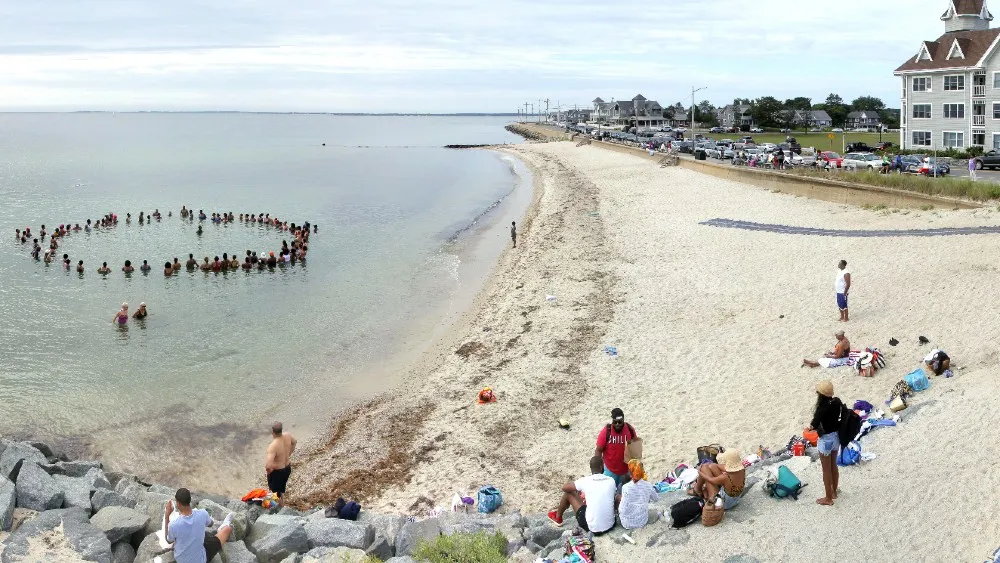Public beaches have long symbolized shared space, where communities gather for recreation, relaxation, and social connection. However, increasing privatization threatens this ideal, limiting access and raising questions about fairness and equity.
Across the country, beachfront property owners, private clubs, and commercial developers are restricting areas once open to the public. Gates, signage, and security patrols effectively transform previously communal spaces into exclusive zones. This trend restricts opportunities for families, low-income residents, and tourists to enjoy the coast.
Public access to beaches is more than a convenience; it is a civic right. Beaches offer recreational, environmental, and health benefits. Walking, swimming, and other outdoor activities improve physical health, while natural surroundings contribute to mental well-being. When access is restricted, entire communities are denied these benefits.
Economic implications are also significant. Public beaches attract tourism, which supports local businesses and generates tax revenue. Limiting access reduces visitor numbers and can negatively impact surrounding economies. Equitable access ensures that economic benefits are shared broadly, not concentrated among a few property owners.
Environmental stewardship is another concern. Public oversight encourages responsible use of coastal areas. When beaches are privatized, management practices may prioritize aesthetics or exclusive use over ecological protection. Public engagement fosters awareness of conservation needs and encourages sustainable practices.
Legal frameworks vary by state and locality. Some regions guarantee public access to beaches below the high-tide line, while others allow private control. These differences create confusion and disputes, leaving residents uncertain about their rights. Clear policies are essential to protect public access and prevent erosion of communal space.
Social equity is at stake. Privately restricted beaches disproportionately affect marginalized communities who may lack alternative recreational spaces. Public beaches serve as a leveling ground where all people, regardless of income or background, can enjoy natural resources. Limiting access undermines this principle of inclusivity.
Advocates for public beaches emphasize community engagement. Local organizations, municipalities, and advocacy groups can negotiate agreements with private owners to ensure continued access. Volunteer programs and public-private partnerships often help maintain beaches while balancing private interests.
Awareness campaigns are critical. Educating the public about beach access laws, environmental preservation, and local resources empowers communities to assert their rights. Knowledgeable citizens are more likely to participate in decision-making and hold authorities accountable.
Technology can also support access and oversight. Mapping public pathways, reporting violations, and providing real-time updates on beach conditions help residents navigate complex access rules. Digital tools reinforce transparency and ensure that beaches remain welcoming for all.
The cultural importance of public beaches should not be underestimated. Generations of families, schools, and community groups rely on these spaces for recreation and connection. Privatization threatens the continuity of shared traditions and community identity tied to coastal areas.
Ultimately, protecting public beach access requires proactive policies, community engagement, and enforcement of existing rights. Equitable access is not just a matter of recreation; it is a reflection of societal values, fairness, and inclusion.
Beaches are a shared resource, and maintaining them as public spaces strengthens community bonds, supports local economies, and promotes health and well-being. Privatization may offer short-term benefits to a few, but the long-term costs to public access and social equity are high.
Communities, lawmakers, and citizens must work together to ensure that beaches remain open to everyone. Public spaces are essential for civic life, and access to natural resources should not be reserved for a privileged few. Protecting public beach access preserves a legacy of inclusion, enjoyment, and shared stewardship for generations to come.



